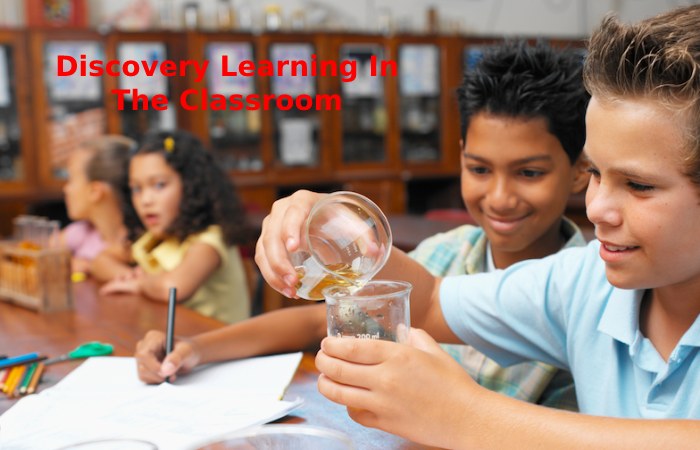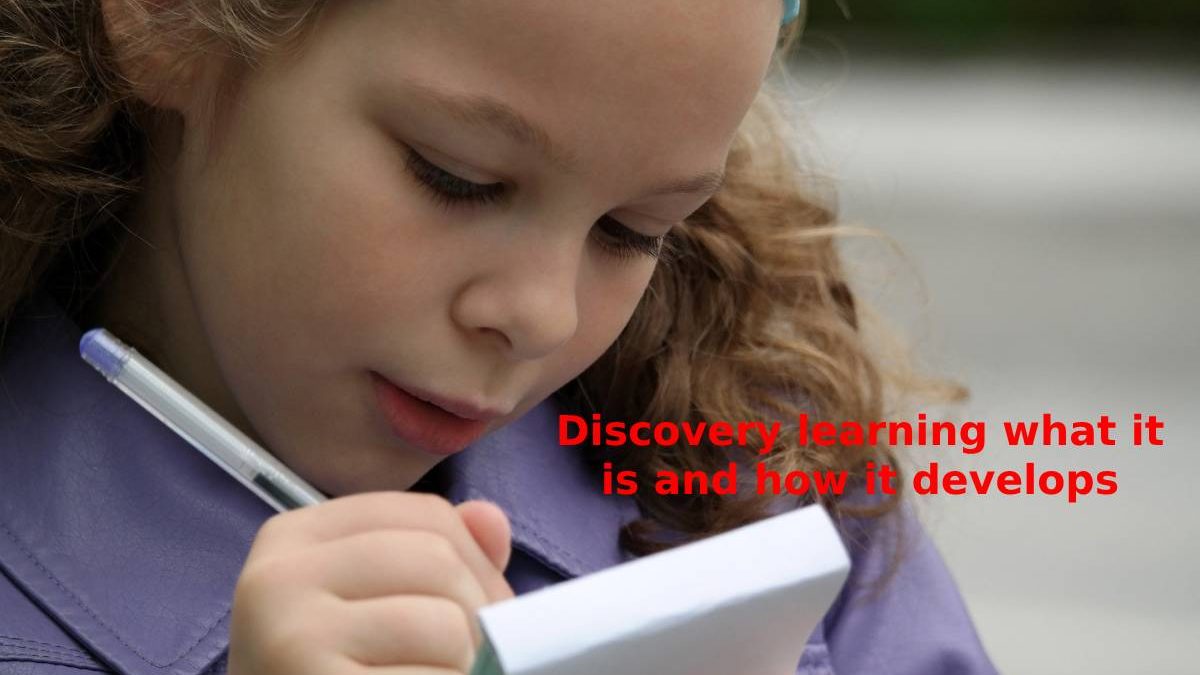Discovery learning consists of a teaching method with the student at its center, which is part of a more constructivist education model. In it, it is the students who through investigations and problem-solving will achieve the final learning that they are expect to obtain with their work. This pedagogy is among the comprehensive and motivating tools that teachers must use to complete a teaching and learning process that starts from the students themselves and their interests, adapting to their own needs and promoting their development.
It is a methodology that aims for the student to relate concepts, search for knowledge and assimilate that information, thus incorporating it into their previous learning. The child will create the necessary tools to build their understanding. The teacher becomes, therefore, a guide during the student’s development. Guiding him in the process of seeking resolution of the problems and issues raised.
This teaching methodology is based on princ
iples or conditions that must be followed to ensure that said learning is suitable for the students. These premises are:
- Let the child acquire the knowledge. The search must be limited to a specific topic to focus on an objective.
- Learning is the result of research and experimentation and not of the teacher’s transmission of the different subjects orally.
- The discovery technique is the most precise and effective formula for the assimilation of the contents you want to work on.
- The main objective of this method is that the subjects start from the child’s closest environment, from their interests and motivations.
- The topics worked on becoming more lasting and interesting lessons for the students. Knowledge itself organizes these experiences and assimilates them to use them in subsequent learning. All this information will be accumulated and built for the development of the students.
Table of Contents
What are the Advantages of Discovery Learning?
There are numerous benefits that this methodology brings to student learning and growth.
- In contrast to traditional learning, this is born from the child’s experience and search for knowledge, forgetting the merely rote study.
- It promotes the development of the students’ abilities, creativity, and skills, and above all, it teaches them how to learn.
- Promotes reflection, self-thinking and the search for problem-solving.
- It reinforces the self-esteem and security of the child, providing aspects that favor their maturation and growth.
- It is base on the interests and motivations of the students, so their learning will be easier to assimilate. And the content work on is better retain.
- All these advantages of discovery learning will promote teaching centered on the student and his characteristics. Leaving aside the mere transmission of knowledge that does not make sense to children. All this will achieve a more beneficial education for developing the potentialities that students present through the different activities that teachers propose in the classroom.
How to Apply Discovery Learning in the Classroom?

There are various tools or techniques that teachers can employ when bringing discovery learning into the classroom. Between them:
Projects
You can choose a work topic among all of them or start from an experience close to the school environment. Using technologies as research tools and teaching, simultaneously, their use.
For example, it is harvest time, and the children want to investigate that topic. Searches and investigations are carried out, and even areas can be visit so that the activity is more manipulative and experience.
Workshops
These are working methods that encourage students to discover and solve problems autonomously. For this, experimentation workshops can be propose where, for example. They work and transform water into its different physical states, observing its properties and learning from them.
Routines Of Debates, Reflections, Exchange Of Thoughts
where children can express themselves, solve tasks or problems that arise, and, above all, share knowledge with other classmates. Learning about themselves and also, the experiences that others have what to offer them
What this methodology aims to do, therefore, is to encourage the development of all abilities in students. Avoiding mechanics such as memory and promoting more suitable and comprehensive methods that emphasize the values and intelligence that must be work with children.

